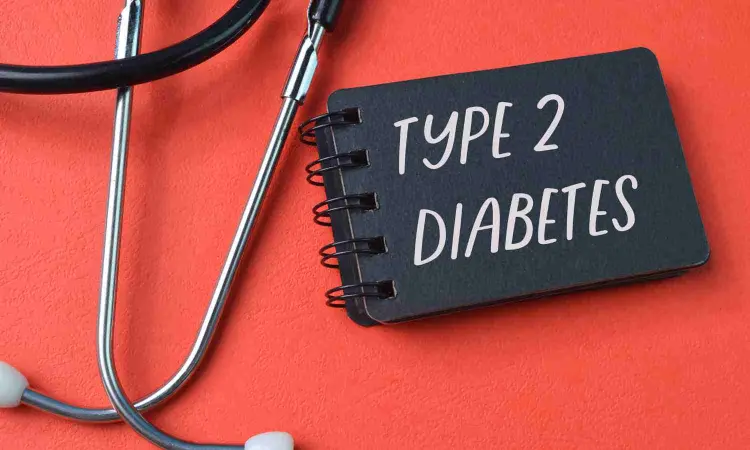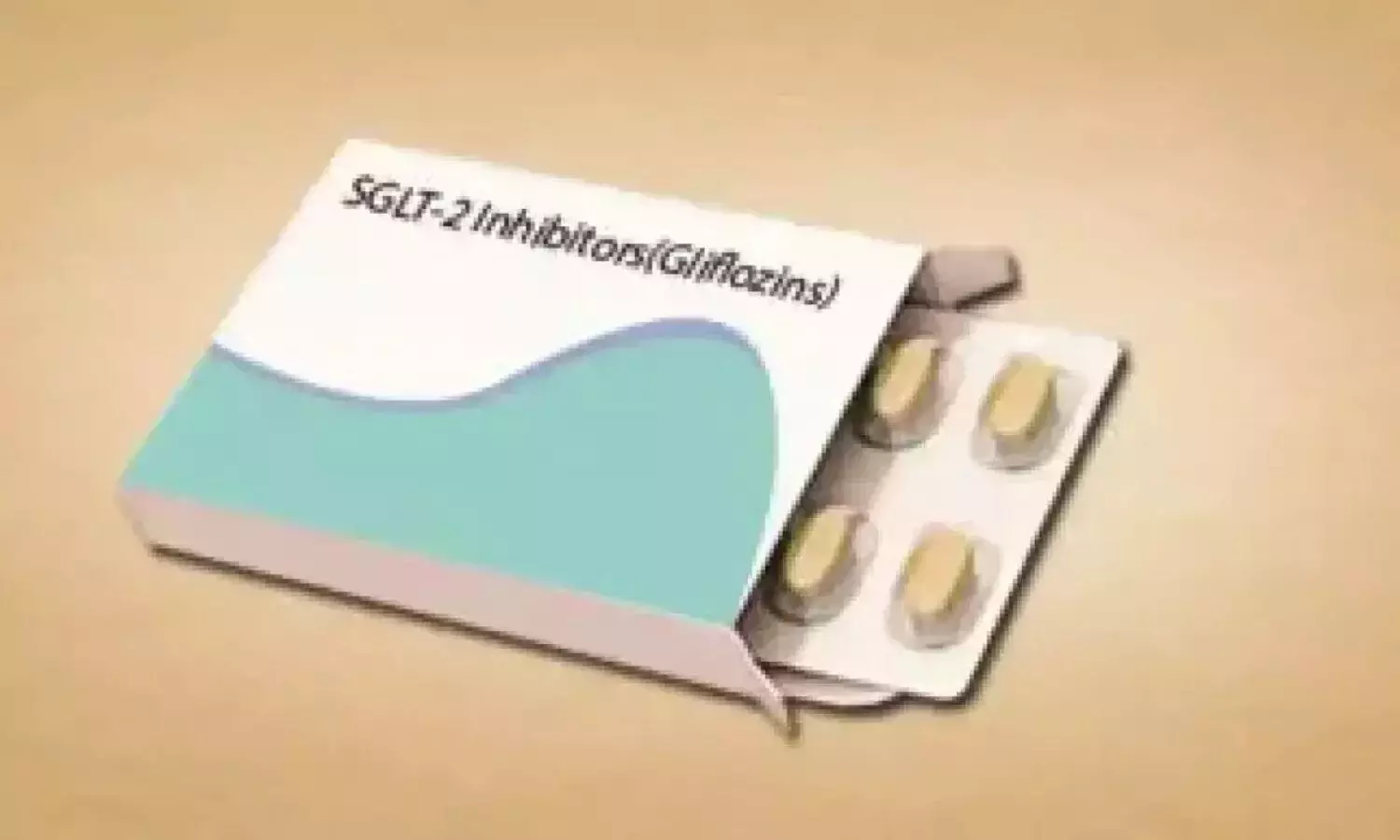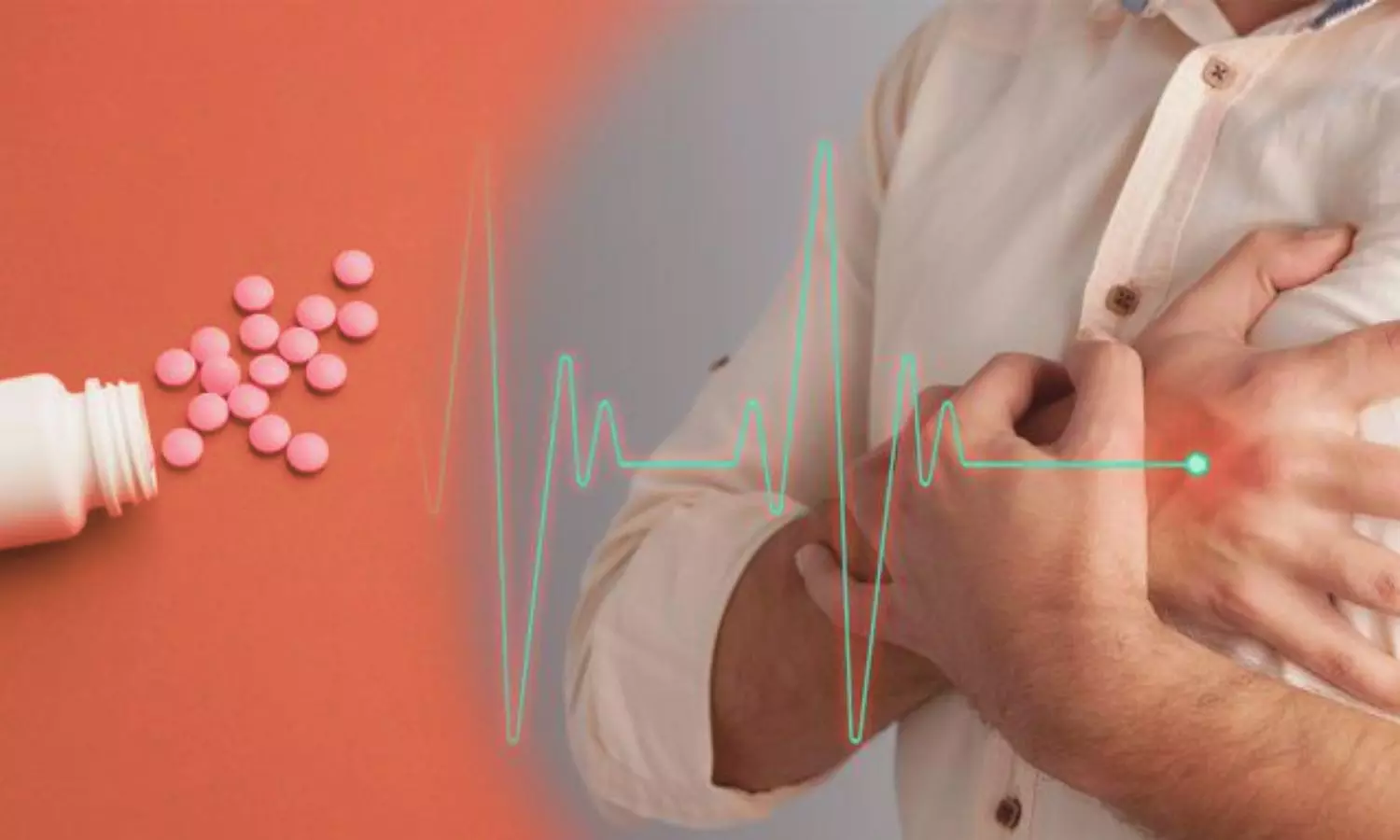- Home
- Medical news & Guidelines
- Anesthesiology
- Cardiology and CTVS
- Critical Care
- Dentistry
- Dermatology
- Diabetes and Endocrinology
- ENT
- Gastroenterology
- Medicine
- Nephrology
- Neurology
- Obstretics-Gynaecology
- Oncology
- Ophthalmology
- Orthopaedics
- Pediatrics-Neonatology
- Psychiatry
- Pulmonology
- Radiology
- Surgery
- Urology
- Laboratory Medicine
- Diet
- Nursing
- Paramedical
- Physiotherapy
- Health news
- Fact Check
- Bone Health Fact Check
- Brain Health Fact Check
- Cancer Related Fact Check
- Child Care Fact Check
- Dental and oral health fact check
- Diabetes and metabolic health fact check
- Diet and Nutrition Fact Check
- Eye and ENT Care Fact Check
- Fitness fact check
- Gut health fact check
- Heart health fact check
- Kidney health fact check
- Medical education fact check
- Men's health fact check
- Respiratory fact check
- Skin and hair care fact check
- Vaccine and Immunization fact check
- Women's health fact check
- AYUSH
- State News
- Andaman and Nicobar Islands
- Andhra Pradesh
- Arunachal Pradesh
- Assam
- Bihar
- Chandigarh
- Chattisgarh
- Dadra and Nagar Haveli
- Daman and Diu
- Delhi
- Goa
- Gujarat
- Haryana
- Himachal Pradesh
- Jammu & Kashmir
- Jharkhand
- Karnataka
- Kerala
- Ladakh
- Lakshadweep
- Madhya Pradesh
- Maharashtra
- Manipur
- Meghalaya
- Mizoram
- Nagaland
- Odisha
- Puducherry
- Punjab
- Rajasthan
- Sikkim
- Tamil Nadu
- Telangana
- Tripura
- Uttar Pradesh
- Uttrakhand
- West Bengal
- Medical Education
- Industry
Enavogliflozin Shows Superior Glucose-Lowering Power in Patients with Renal Impairment: Study

In a significant stride toward more effective diabetes management, a newly developed SGLT-2 inhibitor, enavogliflozin, has demonstrated remarkable efficacy in a pooled analysis of two-phase III trials. The study, focusing on patients with type 2 diabetes mellitus based on kidney function, reveals compelling insights into enavogliflozin's superiority over the well-known dapagliflozin.
The study results were published in the journal Cardiovascular Diabetology.
Researchers conducted an extensive analysis, pooling data from 470 patients who participated in two 24-week, randomized, double-blind trials. The trials aimed to evaluate the efficacy and safety of enavogliflozin (0.3 mg/day) in comparison to dapagliflozin (10 mg/day). Notably, the subjects were categorized based on their level of kidney function, distinguishing between mildly reduced and normal estimated glomerular filtration rate (eGFR). Data from 470 patients were included in the analysis, with 235 receiving enavogliflozin (0.3 mg/day) and 235 receiving dapagliflozin (10 mg/day). The patients were categorized based on mildly reduced (60 ≤ eGFR < 90 mL/min/1.73 m², n = 247) or normal eGFR (≥ 90 mL/min/1.73 m², n = 223).
Results:
- In the mildly reduced eGFR group, enavogliflozin demonstrated a significantly greater reduction in adjusted mean change of HbA1c and fasting plasma glucose levels at week 24 compared to dapagliflozin (-0.94% vs. -0.77%, P = 0.0196).
- Notably, the glucose-lowering effect of enavogliflozin was more pronounced when combined with dipeptidyl peptidase-4 inhibitors.
- Enavogliflozin exhibited potent blood glucose-lowering effects regardless of renal function.
- Conversely, dapagliflozin displayed diminishing efficacy with decreasing renal function.
- Enavogliflozin showcased a higher urinary glucose excretion rate in both patient groups.
- Additionally, the homeostatic model assessment revealed a marked decrease in insulin resistance with enavogliflozin.
- Blood pressure, weight loss, and homeostasis model assessment of beta-cell function values did not significantly differ between enavogliflozin and dapagliflozin.
- Adverse events were comparable between the two drugs.
The study concludes that enavogliflozin's glucose-lowering efficacy surpasses that of dapagliflozin, particularly in patients with type 2 diabetes and mild renal function impairment. This superiority is attributed to enavogliflozin's potent urinary glucose excretion-promoting ability. The emergence of such robust SGLT-2 inhibitors holds promise as an attractive option for patients with inadequate glycemic control and decreased renal function.
Further reading: Efficacy and safety of enavogliflozin vs. dapagliflozin as add-on therapy in patients with type 2 diabetes mellitus based on renal function: a pooled analysis of two randomized controlled trials. Doi: https://doi.org/10.1186/s12933-024-02155-9
BDS, MDS
Dr.Niharika Harsha B (BDS,MDS) completed her BDS from Govt Dental College, Hyderabad and MDS from Dr.NTR University of health sciences(Now Kaloji Rao University). She has 4 years of private dental practice and worked for 2 years as Consultant Oral Radiologist at a Dental Imaging Centre in Hyderabad. She worked as Research Assistant and scientific writer in the development of Oral Anti cancer screening device with her seniors. She has a deep intriguing wish in writing highly engaging, captivating and informative medical content for a wider audience. She can be contacted at editorial@medicaldialogues.in.
Dr Kamal Kant Kohli-MBBS, DTCD- a chest specialist with more than 30 years of practice and a flair for writing clinical articles, Dr Kamal Kant Kohli joined Medical Dialogues as a Chief Editor of Medical News. Besides writing articles, as an editor, he proofreads and verifies all the medical content published on Medical Dialogues including those coming from journals, studies,medical conferences,guidelines etc. Email: drkohli@medicaldialogues.in. Contact no. 011-43720751




